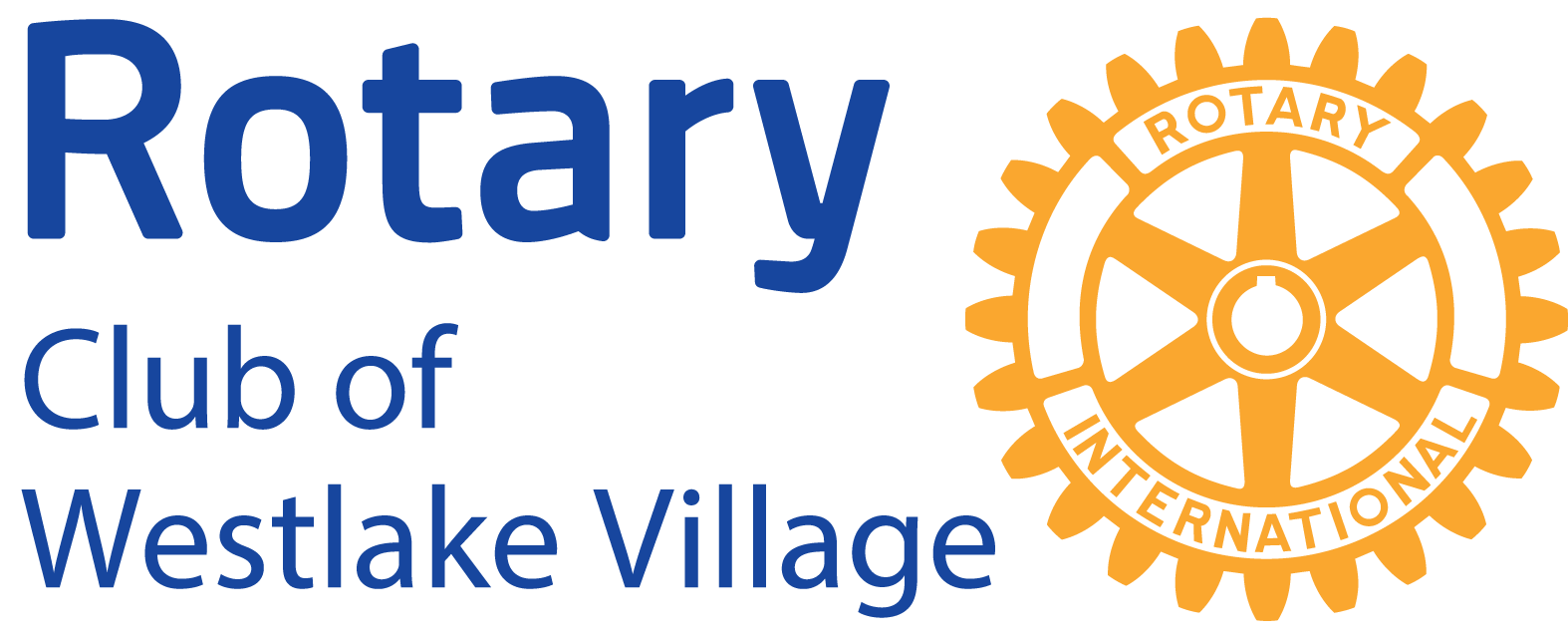Related Page
Rotary Club of Westlake Village
Zambia Project - Make Tiko Independent
TIKO was started as a place to teach villagers literacy. It was registered as a community based organization in 1999. TIKO now has 20 income generating enterprises that employ 84 staff, a community primary school with over 200 pupils (half of them orphans) and an adult education center. Among the TIKO enterprises are a restaurant, guest-house, garden, animal husbandry, food conservation, carpentry, welding and tinsmithing as well as sewing, knitting, weaving, soap-making, and mat-making businesses. Over the last seven years TIKO has taught classes in 34 villages, enrolling more than 10,000 pupils, both children and adults, including 1,000 orphans. That is nearly half the population of the area of 20,500.
TIKO serves as a model for four compounds and 20 villages. If Tiko introduces more suitable and cheaper methods of building and of keeping farm animals, the wider community can cope better. By providing better nutrition it will make it easier for AIDS sufferers to agree to have testing and start on ARVs. This in turn will keep experienced people around longer to the benefit of the community.
1. There is no firewood in the area so a replacement for burnt bricks is needed. A manual rammed earth machine would be a suitable solution. All the local villages would hopefully use this method to build there own community center. This would potentially benefit all 20,500 people in the community.
2. Tiko has been instrumental in getting 16 villages to start irrigation gardens to grow extra food for AIDS patients. Goats are the enemy of anything growing and need to be kept in an enclosure. Using the rammed earth machine an enclosure can be built to keep the goats healthy and away from the vegetables. Again, assuming the whole community copies the procedures at Tiko all 20,500 people in the community would benefit.
3. Introduction of soy milk would improve the local diet immensely. A Vita Goat machine would be able to provide soy milk and milk from other plant material for at least 3,000 people a year.
4. A donkey cart with two donkeys (one male/one female) could be used all year for ferrying goods from shops to the compound and for aid in planting. Plus, offspring of the donkeys could be sold or used to pull additional carts as draft animals.
Costs: Rammed Earth Machine $1,750 USD
Goat Enclosure/Storeroom $2,500 USD
VITAGOAT Machine $9,500 USD Including Training Workshop
Donkeys and Cart $3,000 USD
Stable for Donkeys $2,600 USD
Total Needed: $19,350
Funding:
Rotary Club of Westlake Village $4,000
Other Clubs in District 5240 $3,000
Rotary Club of Chipata, Zambia $550
District 5240 Matching $4,000
TRF Matching $7,800
Total $19,350
Rotary Club of Westlake Village: Mark Jaffe, Berci Benedek
Rotary Club of Chipata: Elke Kroeger-Radcliffe
